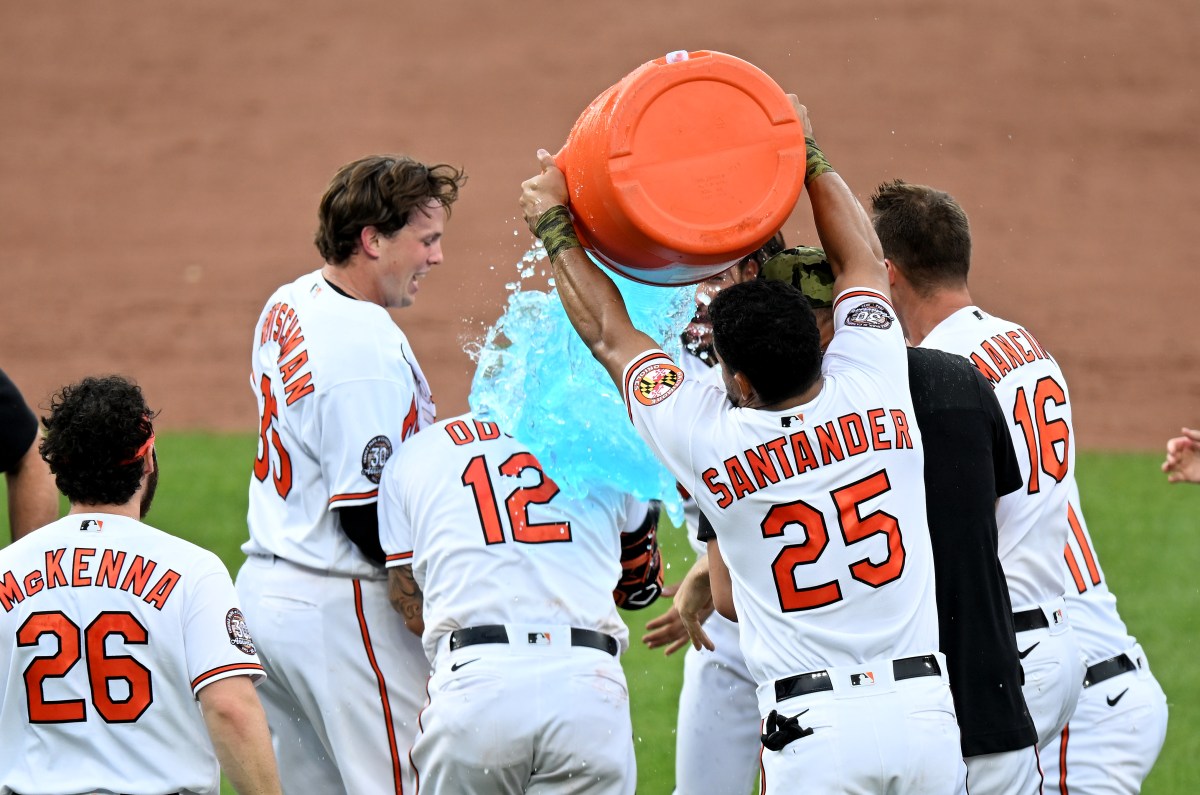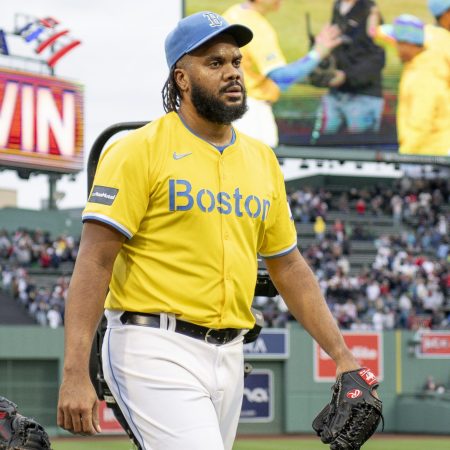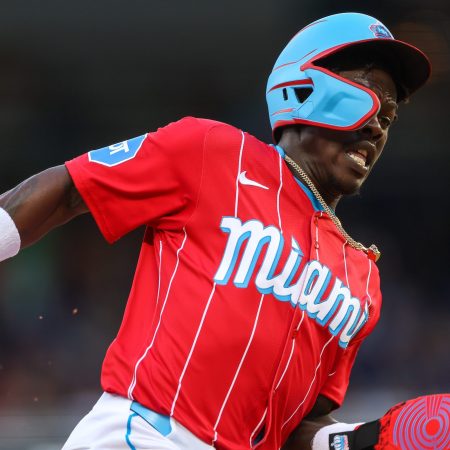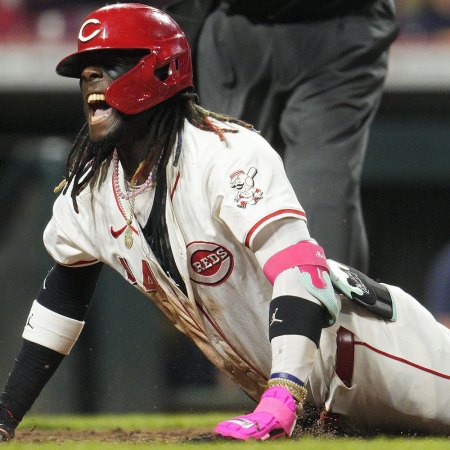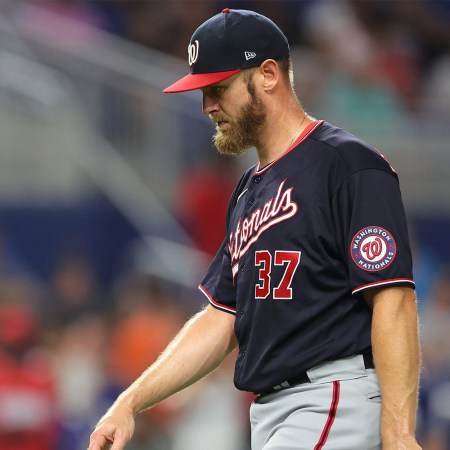For years now, when describing the Baltimore Orioles, sportswriters have turned to a usual merry-go-round of epithets: “lowly,” “sorry,” “woeful,” etc.
These 2022 Orioles are none of the above. They are still the “last place Orioles” (for now), but one series removed from the All Star Break, the ballclub sits a game over .500, at 45-44. They have their longest win streak, at 10 games, since Cal Ripken Jr. handled the corner, and they’re winning games in a variety of ways. During the streak, Baltimore is pitching to the tune of a 3.17 ERA (second-best in the bigs) and hitting at an insane .366 clip with two outs and runners in scoring position.
They’ve beaten some underperforming teams along the way (the Rangers, the Angels, the Cubs), but really, when’s the last time we held a strength of schedule argument against the Orioles? For years, the franchise has been the piñata of the AL East, the sweep that doesn’t really count for fans of the Yankees and Red Sox.
Over the last 25 seasons, Baltimore has finished fourth or fifth in the division 18 times. That miserable march was interrupted, briefly, when an early-2010s core of Manny Machado, Adam Jones and Nick Markakis willed the team to one division win and a few postseason appearances. But for the most part, the Orioles have been really, really bad.
Matters got especially bleak over the last five years, as Baltimore finished dead last in all but the truncated COVID season. In 2018, the team finished an unfathomable 61 games back of first place.
Next year, MLB will switch to a brand-new, balanced schedule, where teams no longer have to play 18 games against every single team in their division. There won’t be selective interleague play, either. Clubs will simply play games against every club in the league (albeit with more games afforded to division and league rivals).
When news of the arrangement first dropped, many pundits predicted it would most favor teams from the NL West, which get smacked around year after year by the Dodgers and Giants, and a team like the Orioles, which must contend, for nearly 75 games out of its 162-game season, with three perennial World Series contenders (Yankees, Red Sox, Rays) and one of the most talented young cores in baseball, in the Blue Jays.
According to ESPN: “As of Wednesday, all five AL East teams had winning records, just the third instance in the Wild Card era that all teams in a division are above .500 on July 13 or later.” This division isn’t just good — it’s one of the best ever. The Orioles likely can’t wait to play more games against the NL Central next year. (In the MLB overall standings, the Orioles stand squarely in the middle, at 16th.)
Also on the Orioles’ side? Rob Manfred’s extra wild card slot. Three teams now earn wild cards from each league (they play each other, and the lowest-seeded division winner in respective best of three series), and if the Orioles keep up this recent pace, they could potentially claim a year or two earlier than anyone might have expected. As of now, Baltimore is 1.5 games behind the tied Red Sox and Blue Jays for the third slot.
This sort of rebuild will, and should, elicit questions from fans and commentators who prefer competitive professional baseball. Baltimore’s front office has certainly played the game: its payroll is the absolute lowest in MLB (for reference, the Mets’ payroll is over five times larger), they’ve traded away stars or let them leave in free agency, and after years of 100-plus loss seasons, the team’s farm system is stuffed with talented young players.
But the ballclub also deserves credit for overhauling its analytics department (as spearheaded by general manager Mike Elias) and giving skipper Brandon Hyde the space to generate a winning culture, especially after Baltimore got out to a standard underwhelming start in early spring.
It takes a lot to change a culture, and to flip the “sorry Orioles” to the “surging Orioles.” But amidst all the other noise — criticisms after Camden Yards moved its left field fence back, a Succession-style feud between brothers for control of the team and Chris Davis’ albatross of a contract — Baltimore is managing, finally, to do the only thing that ever really mattered: win ballgames.
Whether you’re looking to get into shape, or just get out of a funk, The Charge has got you covered. Sign up for our new wellness newsletter today.
